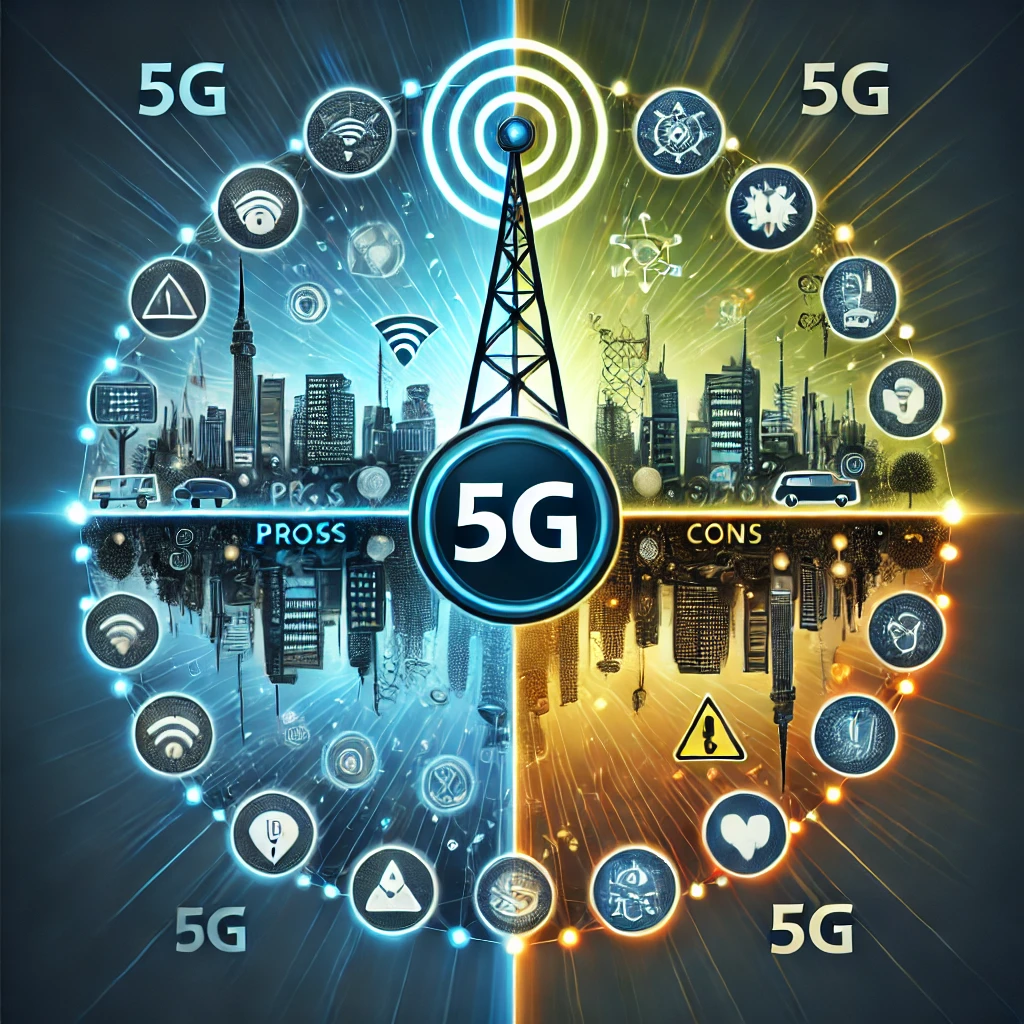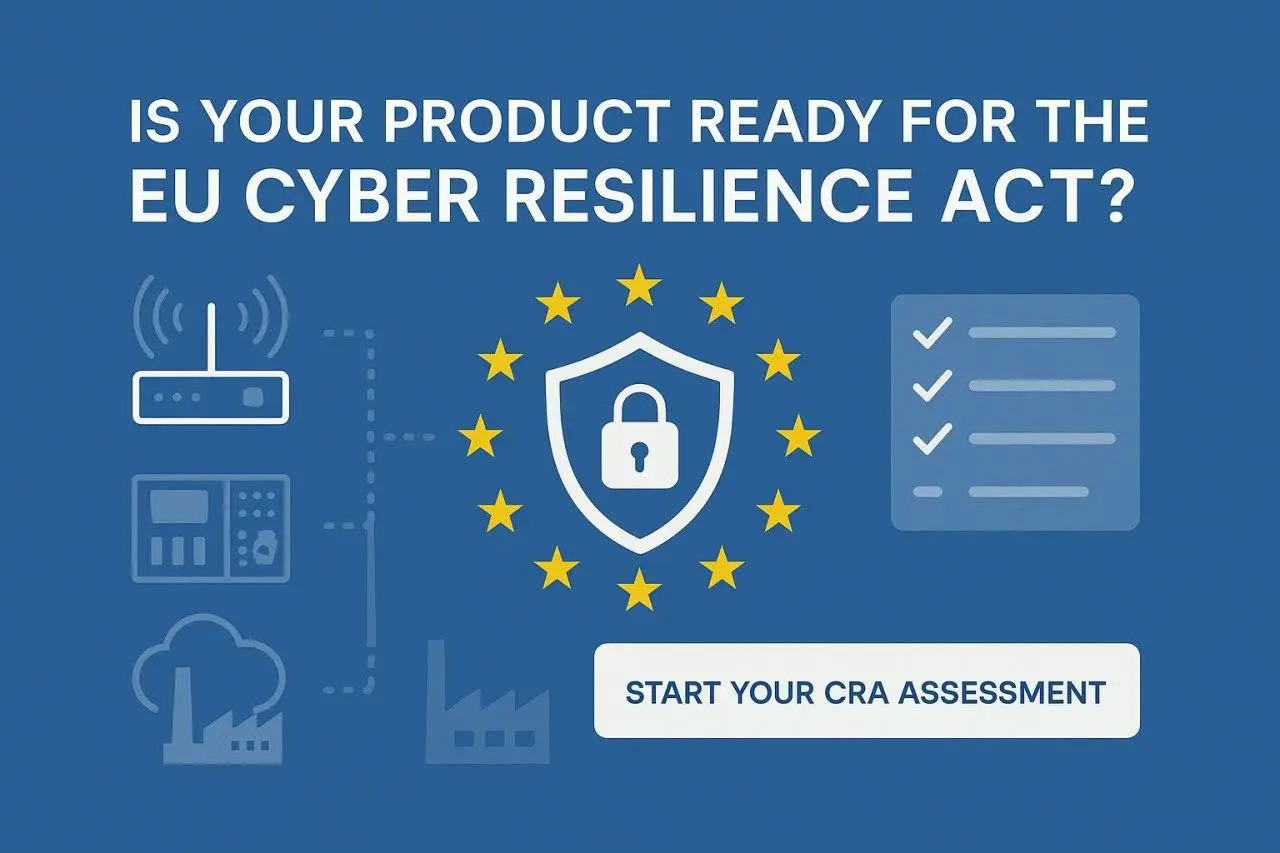In recent times, the mobile industry has made several promises about the 5G network. 5G is expected to offer speeds of around 10 gigabits per second to phones – that’s 100 times faster than what we can get from 4G and 4.5G networks and 10 times faster than Google Fiber’s typical home broadband service.
This ultra-fast connectivity is expected to enable the realization of the full potentials of advanced technologies such as AI, mixed reality, IoT, and autonomous vehicles. While these promises are enticing and impressive, there are some who are concerned about the negative impacts of this new technology.
Will 5G network usher in a new wave of cyber-attacks? Get the answer to this question and more in this post.
But first…
What is 5G?
5G stands for the fifth generation of wireless cellular networks. It is the new global mobile network and thus an evolving upgrade from 4G. The four previous generations each ushered in a new level of connectivity, from analog (1G) to mobile data broadband (4G). 5G is meant to continue improving mobile data access and provide more connectivity than was ever available before.
This next generation of wireless network is designed to transmit tons of data over shorter distances than 4G LTE, which enables it to offer increased speed and consistency of connection signals even when in motion. By leveraging new signal spectrums, 5G will also be able to support more devices.
The introduction of a new wireless network became necessary and crucial due to the limitations of 4G technology in the face of growing demands. Today’s 4G networks are becoming overloaded, particularly in large cities, and tend to experience slowdowns at busier times. Also, this network can’t support the rapidly expanding ecosystem of internet-connected “smart” devices. With ultrafast speeds and higher-capacity, 5G can support billions of connected devices. It can also make mobile data cheaper and less power-hungry.
Pros of 5G technology
For a better understanding of the benefits of this emerging mobile network, let’s compare it to its predecessor, 4G.
- 5G offers faster data speed than 4G as more bits-per-second travel the network. With 5G, you can download a 4K high-definition movie in 25 seconds or stream several at the same time.
- 5G’s lower latency makes it is more responsive than 4G, which basically means that the time taken for device-to-network communications will be significantly reduced.
- Since 5G can rapidly switch to low-energy use when cellular radios are not in use; it consumes less power than 4G. The result of this is an extended device battery life, which allows the devices to stay unplugged for longer.
Further, by enabling massive and reliable connectivity of connected devices,5G will drive tech-based growth for both industry and consumers. 5G also means the actualization of smart cities and the fourth industrial era.
Cons of 5G technology
Major concerns surrounding 5G emanate from the network’s cybersecurity risks. A few of these issues include:
- Decentralized Security: 5G has far more traffic routing points than its predecessors, which makes security checks and upkeep challenging. To ensure absolute security, all the points need to be monitored. Since this might be daunting, any unsecured areas might compromise other parts of the network.
- More Bandwidth will stress current security monitoring: Pre-5G networks’ speed and capacity limitations helped providers to monitor security in real-time. With the added speed and volume of 5G securities, teams will have to develop new techniques to curb cybersecurity threats.
- Many IoT device manufacturers don’t prioritize security. According to Symantec, IoT devices experience an average of 5,200 cyber-attacks per month, thus establishing the fact that most IoT gadgets and smart devices are manufactured with a lack of security. Since 5G is expected to boost the potential and utility of IoT devices, the possibility of a substantial increase in breaches is highly likely.
Conclusion
With the exponential rise in cyber-attack and its devastating impacts, it has become crucial for service providers to effect certain significant improvements to the 5G network. While the possibilities and opportunities of 5G technology are overwhelming, the concerns are worrisome and should be taken lightly.




